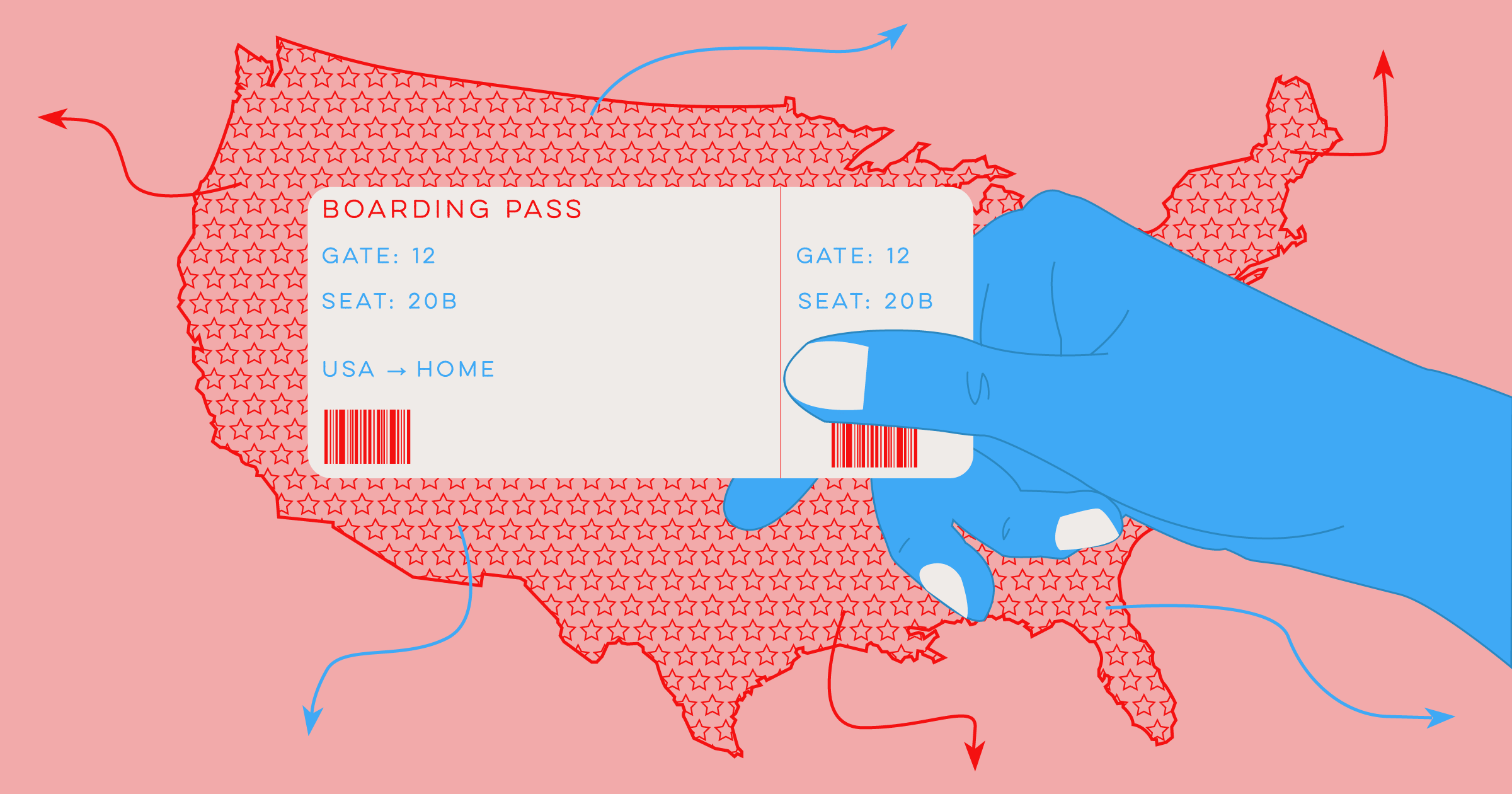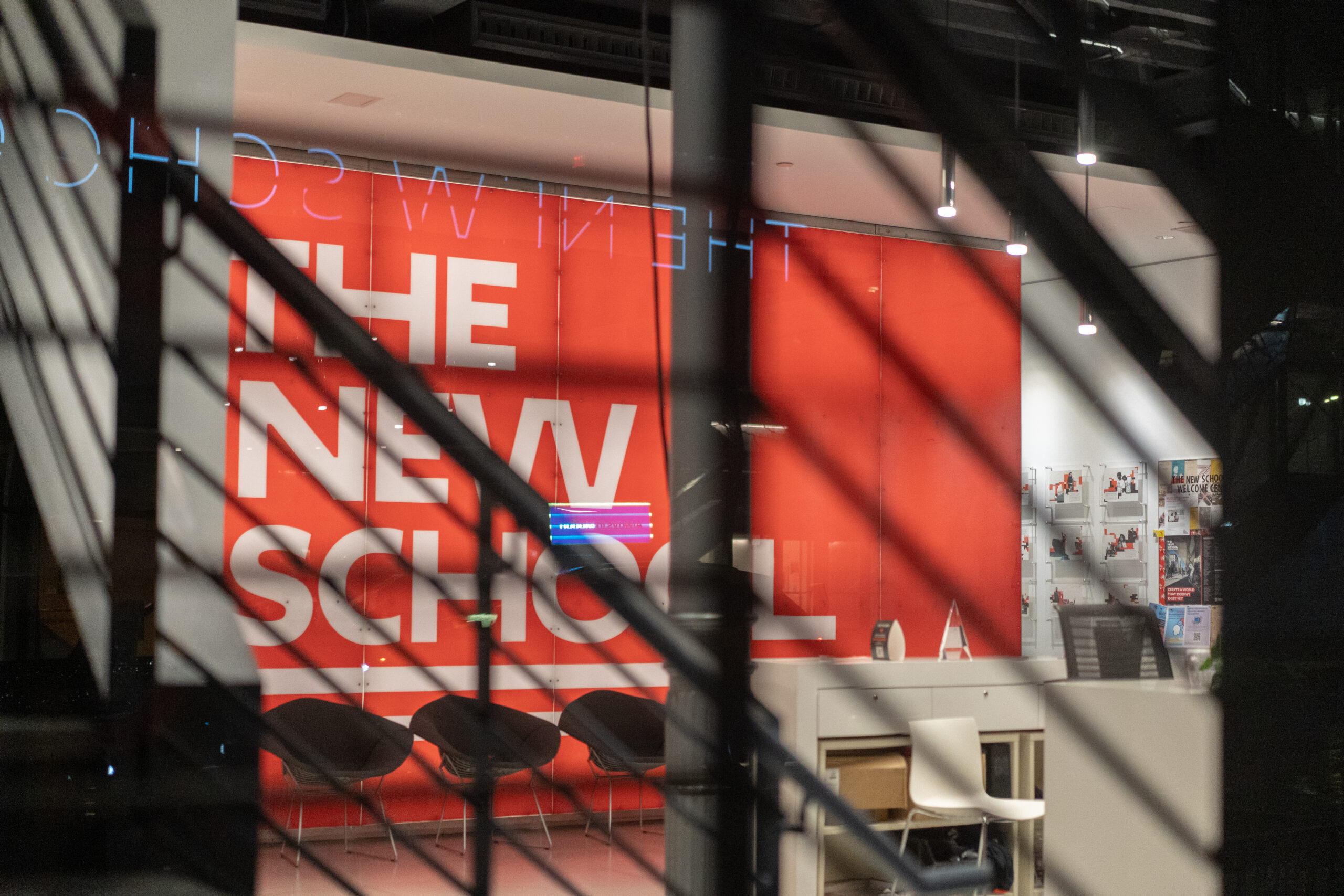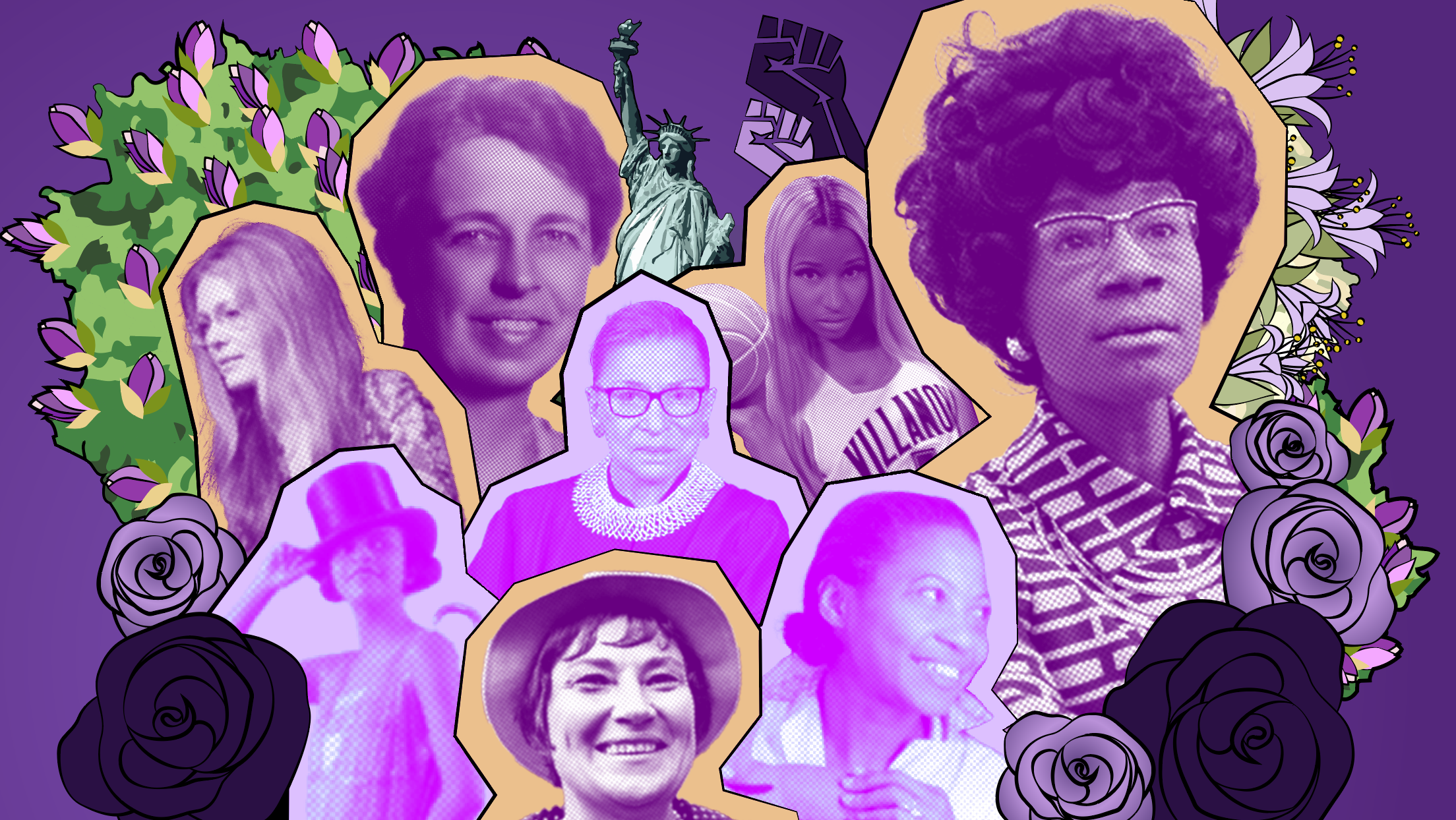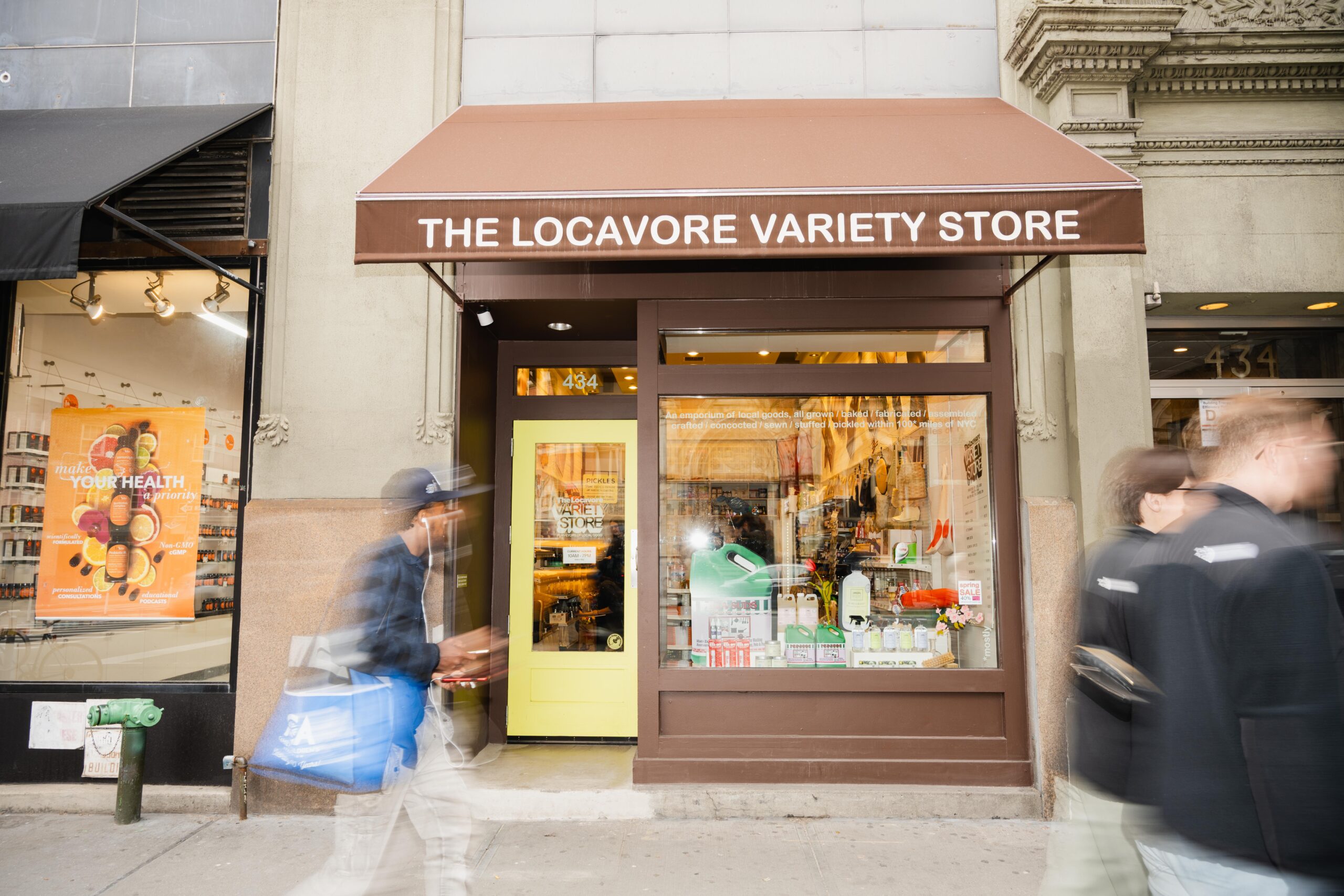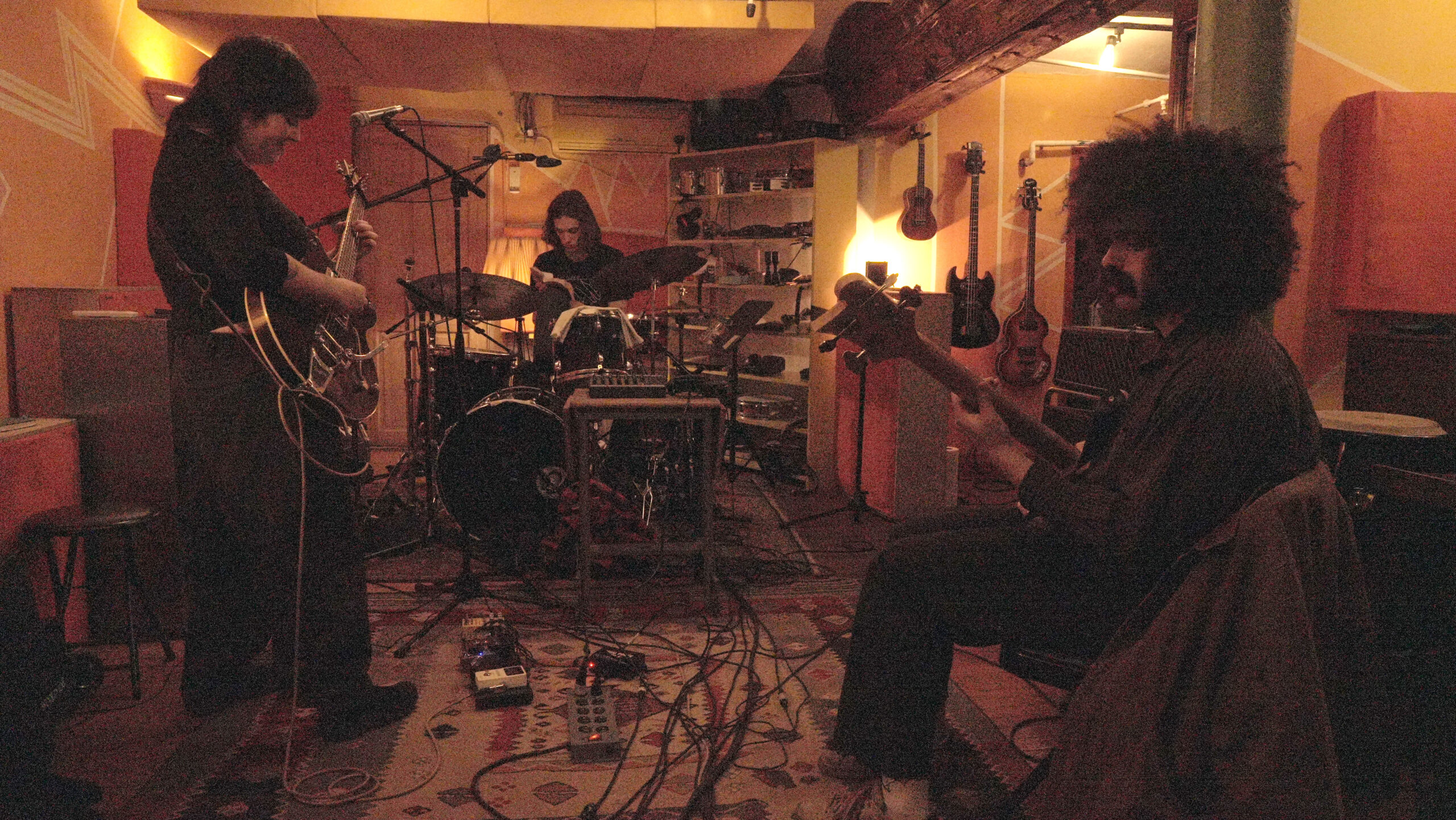Some international students at The New School are cringing at the thought of a Donald Trump presidency, even to the point of leaving the country.
Although unable to vote in the upcoming presidential elections, international students that The New School Free Press talked to are still concerned about how the the election might affect their time in the United States. Some even went as far to say they are contemplating whether to stay in the country or leave after graduation, depending on whom is elected.
“Even if nothing changes for immigrants in this country, there will be a lot more hatred towards them,” Camila Avisambra, a master’s Fashion Design student, said on Trump’s potential presidency. “Hatred breeds more hatred, and I don’t want to be in an environment where you are judged [for being different].” She came to America. from Colombia, and said her original plan was to stay in the country after she gets her diploma, but now she’s reconsidering.
“This election affects everyone,” Aiden Farrel, a Literary Studies major with dual citizenship (French and American), said. “If America votes for Trump, [it] is portraying itself like a super hostile place towards anyone who wants to be different and show diversity.” He believes that if the Republican candidate becomes president, America would lose a significant amount of people who are here by choice.
“The world is just watching in total disbelief that [Trump] is the main candidate for the Republican party,” said Nina Khrushcheva, a professor and associate dean at the Milano School of International Affairs, as well as an immigrant from Russia herself. “Everyone is wondering what is wrong with America.
Khrushcheva gave the NSFP her expert global perspective on US politics, the campaigns and their protagonists. While foreigners are judging candidates on their potential to lead the country, she claims that, for Americans, it is a matter of who says what, and how they portray themselves. “In America, entertainment is king,” she wrote in her article “The Marketing of the American President” for Project Syndicate, an online opinion publication. Khrushcheva regards Trump as a product of the entertainment business, the result of “propaganda politics, the absolute development of a culture that has completely decontextualized any political events.”
For Khrushcheva, this means compromising American principles and American values; Trump as president would mean the end of exceptionalism, she said. The U.S. would no longer be apt to lead the world, no longer a beacon of freedom and democracy, and no longer “superior” to other nations, as it has for decades believed itself to be. She believes it would be the end of all the wonderful things America assigns to itself.
While this seems frightening to the big portion of the world, such as Western European countries, and other U.S. allies), Khrushcheva said other adversary governments,that of China and Russia, will gleefully watch America weaken in Trump’s government.
However, Khrushcheva explained this doesn’t mean that enemy countries are rooting for the Republican candidate. Governments are used to dealing with straightforward American democratic politics and leaders, such as Clinton. With Trump they wouldn’t know what to expect. “More predictable American politics actually favors the enemies,” she said.
A Fashion Design graduate student from India said that after getting her diploma, she planned to stay in the U.S. “only if Trump doesn’t become president, otherwise it’s better at home.” The student asked to remain anonymous, uncomfortable of having her words out there if Trump should win.
Her troubles with Trump didn’t stem from the candidate’s demonizing of Latino immigrants, or his “extreme vetting” and ideological verification talk in Phoenix on August 31st, in which he spoke about “picking immigrants” through a highly discriminatory process, both racial and ideological. The Indian student dislikes Trump because in her eyes, “he’s not a smart man.”
Another student, a Fashion Design senior from Barbados who also spoke on the condition of anonymity, said the election feels like a joke.
“If there was a better candidate than Donald Trump in it, it would seem more serious,” she said. She finds Trump’s policies on immigration and attitudes towards racial minorities “troubling” and said his views on women to be “very degrading.”
“It honestly scares me that Americans would let someone like him get this far; it’s frightening,” she added.
Student’s unwillingness to have their names published alongside their thoughts against Trump reveal mistrust in his commitment to freedom of speech.
Because international students are in America under an immigrant status, each candidate’s immigration policies could affect their future in the U.S., either as students or upon graduation.
While Trump is radical about immigration and believes it to be a main source of America’s problems, Clinton’s policies are more accepting. Aside from allowing families, no matter their immigration status, to buy into the Affordable Care Act (health insurance), Clinton believes in granting those who are suited to become Americans a friendlier path to citizenship. If elected president, she will expand fee waivers to naturalization costs, promote language programs, and facilitate help for the naturalization process, according to her Immigration Reform.
Clinton embraces immigrants, as a means to bring workers into the formal economy, as well as to promote its growth by attracting and retaining international talent. In this case, she offers “STEM” graduates greencards upon receiving their masters diploma. This means that students with graduate degrees in science, technology, engineering or mathematics from accredited institutions can stay in the country. In addition, Clinton said she will support “start-up” visas for entrepreneurs. The idea behind this is to attract and retain skills and take advantage of intelligent people from different nations who were educated by American institutions, or people with talent who would contribute to the U.S. economy. “It makes no sense for the U.S. to invest in the education of some of the world’s smartest people, only to send them back to India, China and other countries to start companies and compete against the U.S,” Clinton said to Bloomberg L.P.
Trump however, is more concerned with deporting immigrants and tightening immigration controls through his “10 Point Plan to Put America First.” According to his campaign website, Trump will end catch-and-release, a policy that allows illegal immigrants to remain in the U.S until their hearing with an immigration judge. This means anyone caught illegally in the US will be detained and deported without the opportunity of a legal process. Instead, he will build a wall between Mexico and the U.S and get rid of sanctuary cities that shelters illegal immigrants. Trump is notorious for publicly calling Mexican immigrants rapists, demanding a ban on all Muslims entering the country, and going on about the selectivity in legal immigration processes.
Although on October 3rd The Upshot polls gave Clinton a 77% chance of winning the presidency, not all are confident that it portrays reality. Some students do believe Trump’s victory could be a possibility. It wasn’t long ago that Brexit outcomes in the U.K. contradicted people’s predictions.
“People are afraid! With Brexit, they never thought it could happen,” said the Colombian fashion design student, Camila Avisambra. “Before, everyone thought, ‘Oh Trump will never win’ and after Brexit people said, ‘he could win.’ So a lot of international students are a little scared.”
For most of the international students interviewed, Clinton is not their ideal candidate, but simply the alternative. “I wish Bernie could have been a candidate,” Avisambra said, while the anonymous student from Barbados admits she was also rooting for Sanders.
Farrel, who grew up in Paris before coming to the U.S. for college, said he would have voted for Sanders if he were still around. “It made the most sense to me in what I have experienced in my life,” referring to France’s socialist politics in relation to Sander’s “Democratic Socialism.”
Farrel is strongly against Trump, “I’ve even heard the word fascist [used] around him, and I don’t disagree,” he said. Farrel said he will be voting for Clinton in the elections, although he considers her to be too much a part of the current political system.
Izzet Mert, an Architectural Design junior from Turkey, considers Trump speech towards immigrants to be “horrible.” Moreover, Mert doesn’t believe Trump means everything he says, “nor will he be able to do it,” he said. He further despises Clinton, blaming her for “supporting war too much.” Although he does think that a Trump victory might mean growing hatred towards immigrants, he doesn’t think anything could affect him.
Many of the international students interviewed do not know much about Clinton and her policies. Others students don’t identify with her. They claim she’s shady, weak or too open. “Hillary Clinton is no saint. If she wins, it won’t affect me as much,” Avisambra said, “but too many things make me not trust her.”
International students fear the U.S. might undergo changes that veer from the democratic, and free America they decided to come to.
“We’re [in America] because of its principles and values,” Associate Dean Khrushcheva said. “Although sometimes we’re remarkably critical of American hypocrisy and double standards, still they are better than anybody else’s. With Trump, that is going to be be over.”
Illustration by: Natasha Dewitz

